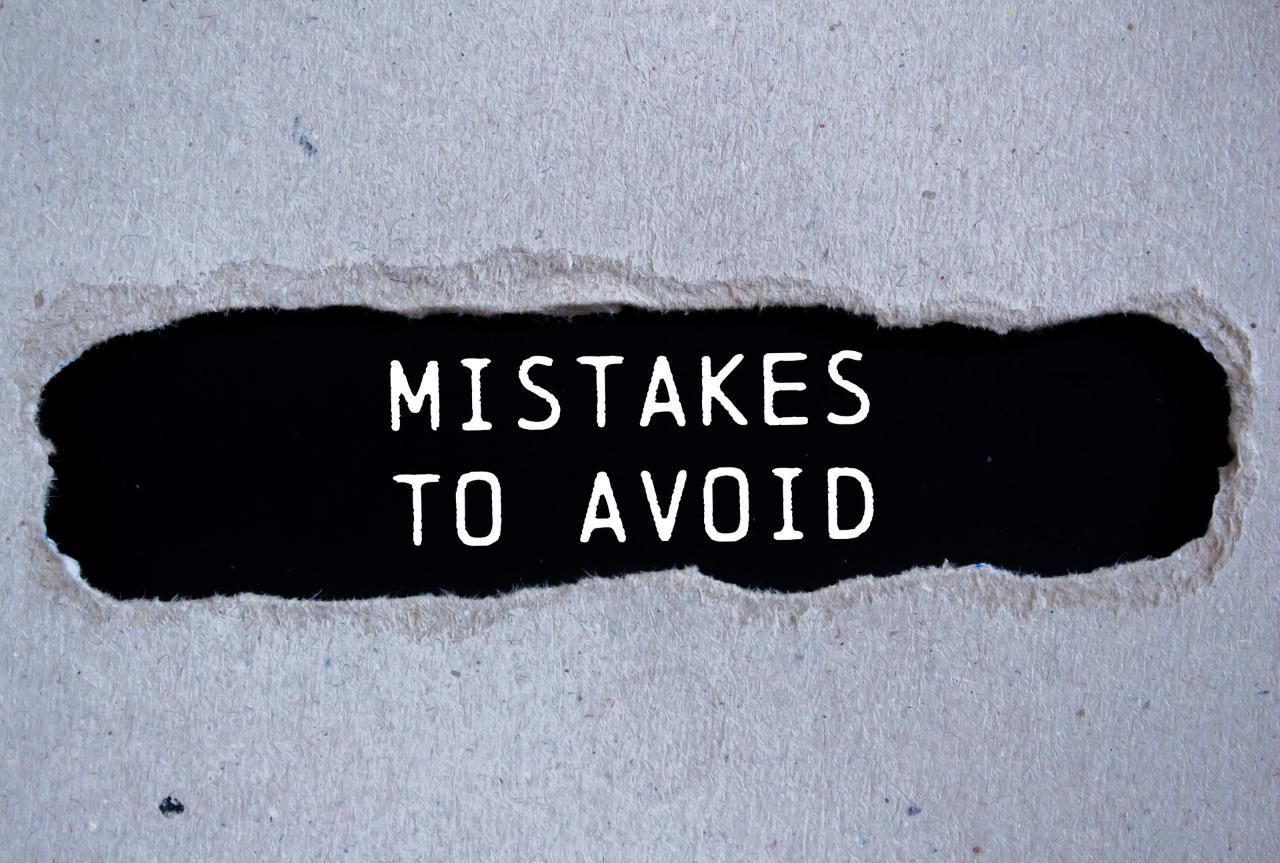Who Can Witness a Will?

Ensuring your will is properly witnessed is essential. If done incorrectly, the document may be deemed invalid - putting your estate at risk of legal disputes or delays. In this guide, we explain who can witness a will, outline the legal requirements, highlight common pitfalls, and share best practices to help you protect your final wishes.
Legal Requirements for Will Witnessing
To be valid under the law in England and Wales, a will must be signed in the presence of two witnesses. While the process might appear simple, there are critical details that can’t be overlooked.
Number of Witnesses
You must have exactly two witnesses, both present at the same time when you sign your will or acknowledge your signature. Adding extra people to the room won’t help - and having more than two people sign can lead to confusion if any discrepancies arise.
Age and Capacity of Witnesses
Witnesses must be 18 or over and have the mental capacity to understand what they are doing. They do not need legal training, but they should fully grasp that they’re witnessing the signing of a legal document.
Relationship to Beneficiaries
A witness cannot be a beneficiary of the will, nor can they be married to or in a civil partnership with a beneficiary. If someone who stands to inherit also signs as a witness, they risk forfeiting their entitlement - even if the rest of the will is valid.
Physical Presence
Witnesses must be physically present when the will is signed. Although remote witnessing was temporarily permitted during the pandemic, that allowance ended in January 2024. All parties must be in the same room, watching the will being signed in real time.
For more details on will witnessing requirements, visit Ash Hill Solicitors.
Who Can Serve as a Witness?
You have more options than you might think. As long as they meet the criteria above, the following individuals are commonly chosen:
Friends or Neighbours
Friends or neighbours are a common choice, provided they’re not beneficiaries and are over 18 with mental capacity.
Colleagues or Professional Contacts
Workplace contacts like colleagues or accountants can serve, as long as they’re impartial and not named in the will.
Solicitors or Legal Professionals
If your will is being drafted by a solicitor, they’ll often witness the signature as part of the service. This can add reassurance, though it may involve a small additional
fee.
Other Professionals
Unusual but acceptable options include your bank manager or local librarian - provided they meet the legal criteria and are willing to act as witnesses.
Who Should Not Witness Your Will?
To protect your will’s validity, avoid using the following individuals as witnesses:
Beneficiaries and Their Spouses
Anyone who stands to benefit from the will - or who is married to someone who does - must not act as a witness.
Under-18s
A witness must be at least 18 years old at the time of signing.
Individuals Lacking Capacity
Those who cannot fully understand what they’re witnessing - for example, due to intoxication or mental impairment - are not legally valid witnesses.
Anyone with a Potential Conflict of Interest
If someone might later contest the will or has a reason to influence its contents, they should not be involved in the signing process.
Common Mistakes to Avoid

Even simple oversights can cause issues. Here are some frequent errors:
Witnesses Signing at Different Times
All signatures - including yours - must be added during the same session. One witness signing in the morning and another later in the day invalidates the will.
Unclear Handwriting or Informal Names
Witnesses should clearly print their full legal names beneath their signatures. Avoid nicknames or illegible handwriting to prevent delays.
Confusion Around Executors
Executors do not need to witness the will and generally shouldn’t. However, they should be informed about where the will is stored and how to access it when needed.
Capacity Concerns and the Court of Protection
If there are concerns about whether the person making the will (the testator) had full mental capacity at the time of signing, matters may be referred to the Court of Protection. In more complex cases, a deputy through the Court of Protection may be appointed to assist with decisions or oversee estate matters.
Best Practices for a Smooth Signing Process
Follow these steps to avoid complications during or after will signing:
Schedule a Dedicated Time
Pick a quiet time and space to sign your will, free from distractions and pressure.
Brief Your Witnesses
Ensure your witnesses understand their role and know exactly when and where to sign.
Clearly State Your Intent
Verbally confirm at the outset: “This is my last will and testament.” It adds clarity and supports the validity of your will if challenged later.
Document the Details
Make a note - separately from the will - of the date, location, and witness names. While not a legal requirement, it can serve as helpful evidence in future.
Store the Will Securely
Once signed, store the original document safely - whether with your solicitor, at the Probate Registry, or in a secure place at home. Make sure your executor knows where it is and how to retrieve it.
When to Seek Professional Advice
If your estate involves property abroad, business interests, complex family situations or high-value assets, professional legal advice is highly recommended. A solicitor can help avoid costly errors and ensure your will meets all legal requirements.
Final Thoughts
Getting your will witnessed correctly is not just a formality - it’s essential for your wishes to be honoured. By selecting suitable witnesses, meeting the legal criteria, and documenting the process, you reduce the risk of complications later. For personalised guidance or support, our team at Ash Hill Solicitors is ready to help.

Author Bio:
Nasreen Akhter is the founding director of Ash Hill Solicitors and an experienced probate solicitor with over 10 years in private client law. She specialises in wills, estate administration, powers of attorney, and inheritance planning. Known for her calm, compassionate approach, she guides clients through sensitive matters with clarity and care.
Nasreen is also a civil and commercial mediator, committed to resolving disputes efficiently and constructively. She is fully accredited and listed on the Solicitors Regulation Authority (SRA) register.
Outside of work, she’s a dedicated mum and chairs Happy Orphans Worldwide, a charity supporting vulnerable children across the globe.




